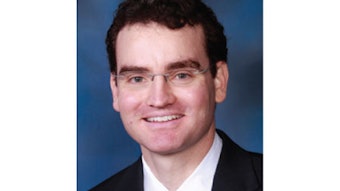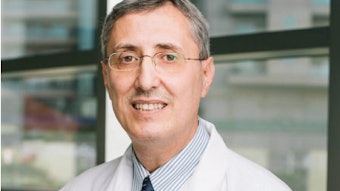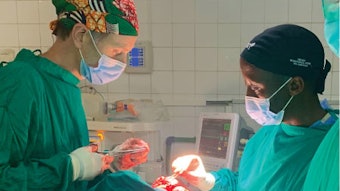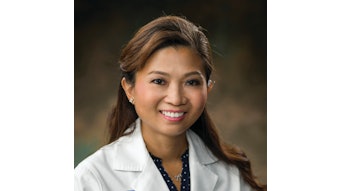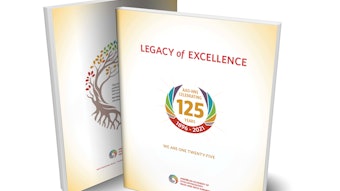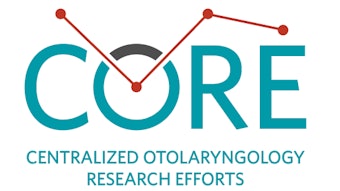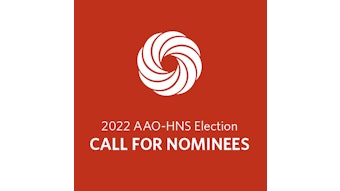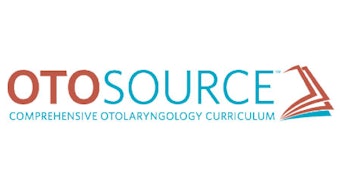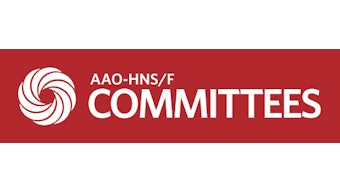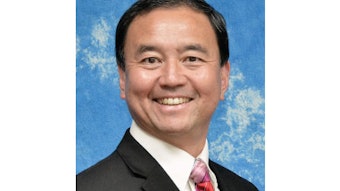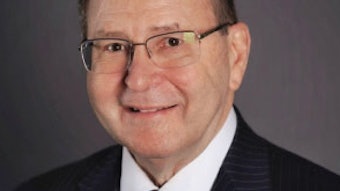Humanitarian Travel Grant: Collaborative Medical Mission in Tanzania
Mary Jue Xu, MD shares her collaborative experience developing the foundation for research projects focused on outcomes and risk factors for head and neck malignancies in Tanzania.
Mary Jue Xu, MD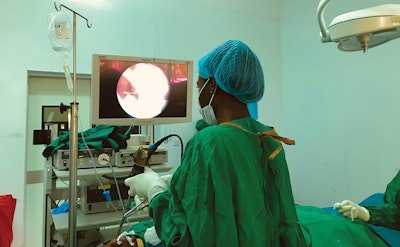 Muhimbili University of Health and Allied Sciences senior resident in the operating room performing a functional endoscopic sinus surgery.
Muhimbili University of Health and Allied Sciences senior resident in the operating room performing a functional endoscopic sinus surgery.
Cancer kills more people globally than malaria, tuberculosis, and HIV/AIDS combined. By 2030, 70% of new cancer diagnoses are projected to occur in low- and middle-income countries. Head and neck cancer care is a part of this global challenge. During my residency research block, I sought to better understand the challenges of head and neck cancer care in resource-constrained health systems.
In collaboration with Aslam Nkya, MD, one of only a handful of head and neck oncologic surgeons in Tanzania, we developed the foundation for research projects focused on outcomes and risk factors for head and neck malignancies in Tanzania. I spent six weeks in Dar es Salaam at Muhimbili National Hospital (MNH) and its partner Ocean Road Cancer Institute, the main tertiary oncology referral centers in Tanzania. Working with Dr. Nkya, we piloted study tools and sorted through recruitment logistics. Our collaboration was under the guidance of the Muhimbili University of Health and Allied Sciences-Ocean Road Cancer Institute-University of California, San Francisco (MUHAS-ORCI-UCSF) Global Cancer Program, which implements multiple research projects and capacity building efforts with five full-time research staff based in Tanzania.
In addition to working with Dr. Nkya, I joined morning teaching, surgical cases and care in the wards. In addition to the late-stage pathology, I learned about the barriers to cancer care, including cost of medical diagnostics and treatment, amid a constrained medical infrastructure. I appreciated the incredible work and dedication of clinicians, many who seek additional training through international fellowships away from their families. During this time, I met trainees and faculty who I continue to collaborate with in the Global Otolaryngology-Head and Neck Surgery Initiative, a growing group of international providers seeking to improve head and neck cancer care through a public health approach on research.
I am deeply appreciative of the American Academy of Otolaryngology–Head and Neck Surgery Foundation’s Humanitarian Travel Grant for its support of this collaborative research effort. This funding has been critical as I work to develop a career in head and neck oncologic surgery and global health. I am further grateful to have the opportunity to learn from Dr. Nkya, our collaborators, many mentors—Dr. Elia Mmbaga, Dr. Beatrice P. Mushi, Dr. Katherine Van Loon, Dr. Dianna L. Ng, Dr. Patrick K. Ha, among others—and the MNH/MUHAS Otorhinolaryngology Department.

